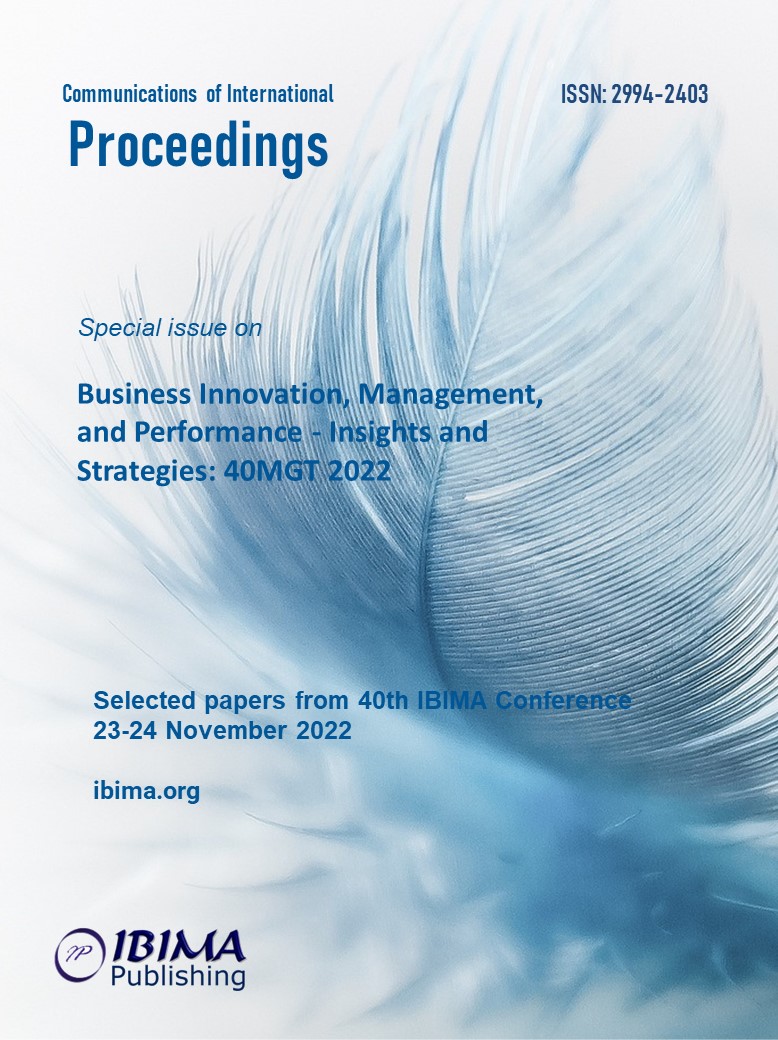
Severina M. KHAMIDOVA and Yanqing WANG
Harbin Institute of Technology, Department of School of Management, Harbin, China

Over the last three decades, Russia experienced economic crises, which significantly changed its economic indicators. Notwithstanding the economic challenges, many Russian organizations have been awarded prizes for Quality Management by the European Foundation for Quality Management (EFQM) and this number saw growth despite the historical lack of the EFQM Excellence Model documents in Russian. In 2019, EFQM documents officially became available in Russian. Thus, Russia is an opportunity to study the level of penetration of the EFQM Excellence Model in a domestic market. The main purpose of this research is to address the relationship between the EFQM Excellence Model enablers (EFQM EME), innovation performance and business performance. This research uses empirical data obtained from Russian organizations that have won the EFQM prize for excellence. Exploratory and confirmatory factor analyses were conducted to evaluate the reliability and practicality of latent variables and constructs. This research uses a quantitative approach. The proposed model and the research hypotheses were tested using structural equation modelling. SPSS and AMOS were used to conduct statistical data processing based on 110 completed questionnaires. The results of the research confirm the proposed hypotheses that the EFQM EME have a positive effect on both innovation performance and business performance of organizations operating in Russia. The use of the EFQM EME justifies the expectations of organizations to improve the quality of management.